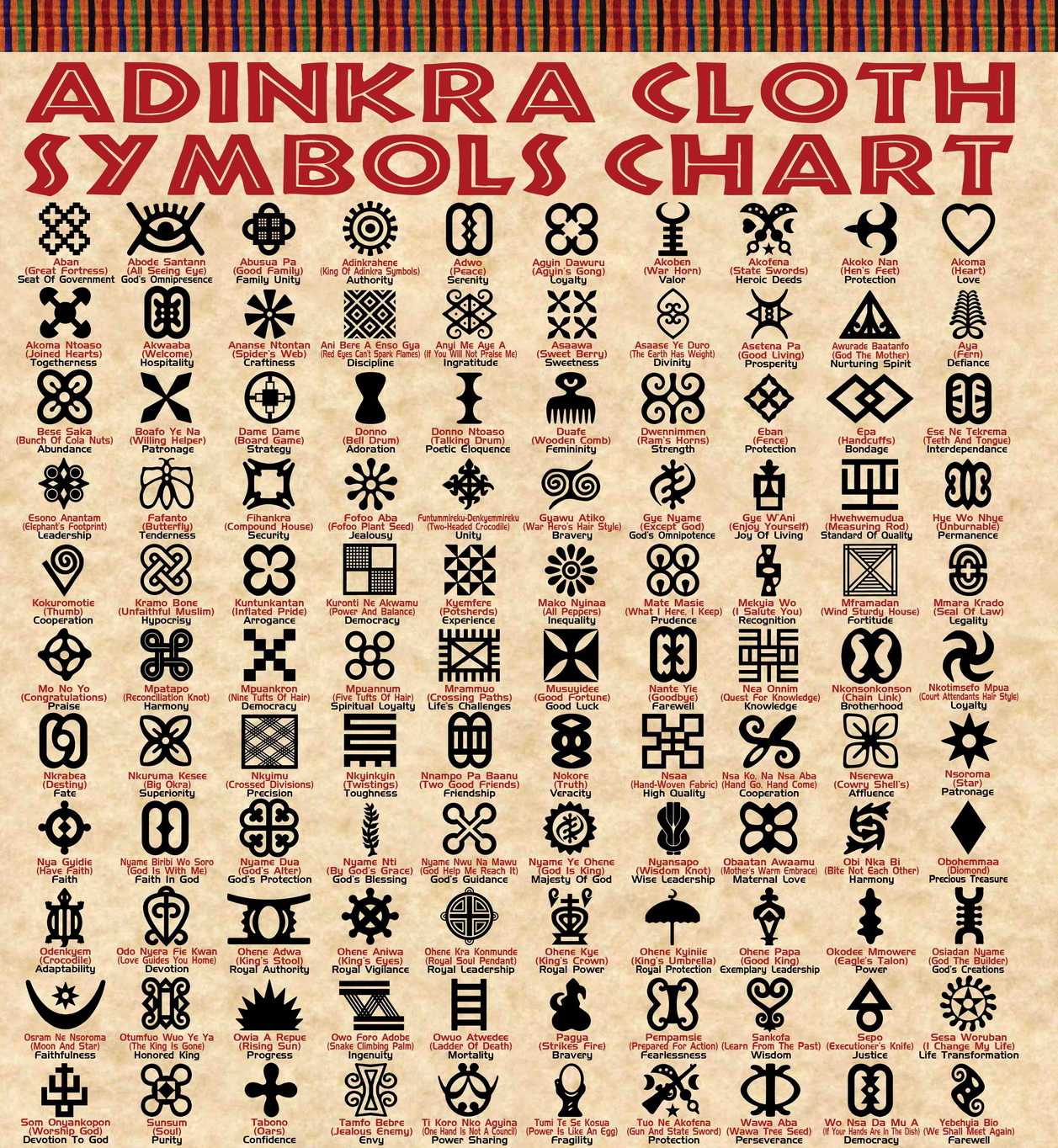African symbols and their meanings hold a significant place in the rich tapestry of African culture, representing deep-rooted beliefs, values, and traditions. These symbols are not merely decorative; they serve as a language of their own, conveying messages and stories that have been passed down through generations. In this article, we will explore the fascinating world of African symbols, their meanings, and their relevance in both historical and contemporary contexts.
The significance of African symbols extends beyond their aesthetic appeal. Each symbol carries its own narrative, reflecting the history, spirituality, and social structures of various African communities. From the intricate patterns found in textiles to the carved figures in wood, these symbols are imbued with meaning and often play a crucial role in rituals, ceremonies, and everyday life.
As we journey through this exploration of African symbols, we will uncover their meanings, the various forms they take, and the cultural significance they hold. Whether you are an enthusiast of African art, a student of anthropology, or simply curious about cultural diversity, this article aims to provide a comprehensive understanding of African symbols and their resonance within society.
Table of Contents
- Introduction
- What Are African Symbols?
- Historical Importance of African Symbols
- Types of African Symbols
- Meanings of Popular African Symbols
- African Symbols in Modern Culture
- Preservation of African Symbols
- Conclusion
What Are African Symbols?
African symbols are visual representations that embody the beliefs, customs, and traditions of various African cultures. These symbols can be found in a variety of forms, including:
- Textiles: Patterns and motifs woven into fabrics.
- Art: Paintings and sculptures that illustrate cultural narratives.
- Jewelry: Adornments that carry symbolic meanings.
- Architecture: Designs in buildings and monuments that reflect cultural identities.
Each symbol is often associated with specific concepts such as love, strength, wisdom, and protection. Understanding these symbols requires an appreciation of the cultural contexts from which they arise.
Historical Importance of African Symbols
The history of African symbols dates back thousands of years, serving as a means of communication and a record of history. In ancient African societies, symbols were used in various ways:
Storytelling and Oral Traditions
Symbols played a crucial role in storytelling, an important aspect of African oral traditions. They helped narrate complex stories and convey moral lessons.
Spiritual Practices
Many symbols are sacred and used in spiritual practices, representing deities, ancestors, and natural elements. They are integral to rituals and ceremonies.
Types of African Symbols
African symbols can be categorized into several types based on their cultural origin and purpose:
- Geometric Symbols: Simple shapes that carry specific meanings.
- Animal Symbols: Representations of animals that embody certain traits.
- Nature Symbols: Elements from nature, such as trees and rivers, that hold significance.
- Human Figures: Symbols depicting human forms that represent community and relationships.
Meanings of Popular African Symbols
Here are some well-known African symbols and their meanings:
| Symbol | Meaning |
|---|---|
| Adinkra Symbols | Wisdom, strength, and courage. |
| Nkondi | Protection and healing. |
| Ubuntu | Humanity and interconnectedness. |
| Wassangari | Unity and harmony. |
Each symbol serves as a reminder of the values and principles that are significant to the cultures they represent.
African Symbols in Modern Culture
In contemporary society, African symbols have found their way into various aspects of life:
Art and Fashion
Many artists and fashion designers incorporate African symbols into their work, celebrating heritage while promoting cultural appreciation.
Social Movements
Symbols are often used in social movements to express unity and a call for action, connecting individuals with their cultural roots.
Preservation of African Symbols
Efforts to preserve African symbols are vital for maintaining cultural heritage. Organizations and communities are working to:
- Educate younger generations about their cultural significance.
- Document and archive traditional knowledge.
- Promote the use of symbols in contemporary art and education.
By fostering an appreciation for these symbols, we can ensure that their meanings endure for future generations.
Conclusion
In conclusion, African symbols and their meanings provide a window into the diverse cultural heritage of the continent. They encapsulate the beliefs, values, and histories that shape communities and individual identities. As we have explored, these symbols are not merely decorative; they are powerful representations of the human experience.
We encourage you to delve deeper into the world of African symbols. Share your thoughts in the comments, and explore more articles on cultural diversity and heritage. Together, we can celebrate the richness of African culture and ensure that these symbols continue to resonate through time.
Thank you for joining us on this journey through African symbols. We hope to see you back here for more insightful discussions and explorations of global cultures.
Exploring The Life Of Ryan Trahan's Wife: A Deep Dive Into Their Relationship
Understanding Angel Reese's Impressive Vertical Jump: A Key To Her Success
Erin Brockovich: The Iconic Environmental Advocate Of The 1990s


